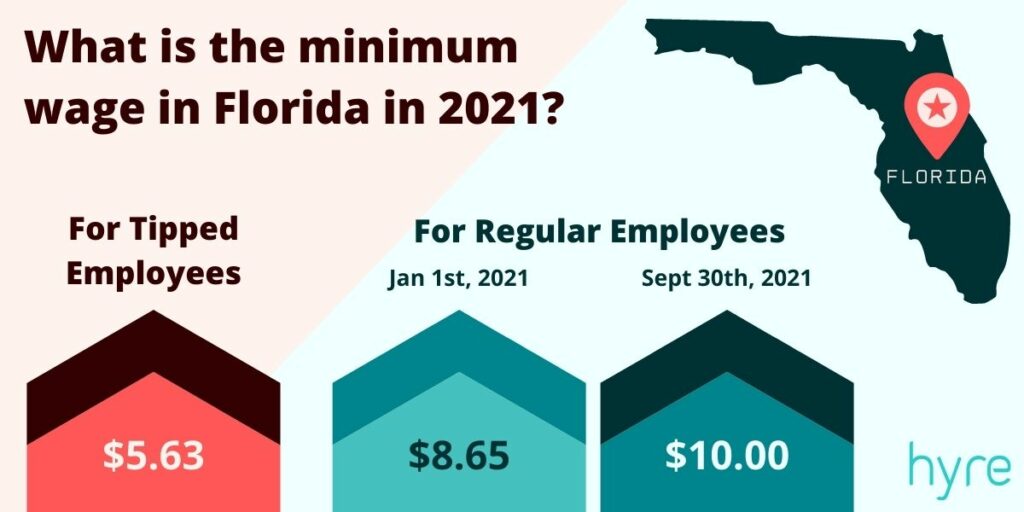Surrogacy is an increasingly popular option for many people looking to start a family. Florida, in particular, has become a well-known state for surrogacy arrangements due to its supportive legal framework and various benefits for both intended parents and surrogates. If you’re considering becoming a surrogate in Florida or are just curious about how much surrogates get paid in Florida, this article will break down everything you need to know. We’ll cover average payments, factors that influence surrogate compensation, and additional benefits that can significantly increase a surrogate’s earnings.
What is Surrogacy?
Surrogacy is a process where a woman (the surrogate) agrees to carry and give birth to a child for another person or couple (the intended parents). There are two main types of surrogacy: traditional surrogacy and gestational surrogacy. In traditional surrogacy, the surrogate is biologically related to the child because her own egg is used. In gestational surrogacy, the surrogate has no biological link to the child as the embryo is created using the intended mother’s or a donor’s egg and the intended father’s or a donor’s sperm.
In Florida, gestational surrogacy is the most commonly chosen type due to clear legal guidelines that protect the rights of both the surrogate and the intended parents.also read Life in Florida: A Sunshine State Adventure
How Much Do Surrogates Get Paid in Florida?
The amount surrogates get paid in Florida can vary significantly based on multiple factors such as experience, location, and any special circumstances involved. On average, first-time surrogates in Florida can earn between $40,000 and $60,000, while experienced surrogates may receive $60,000 or more. However, it’s not just the base compensation that surrogates receive; additional payments and benefits can make the overall package more attractive.
Breakdown of Surrogate Compensation
- Base Compensation: This is the primary amount surrogates get paid for carrying the baby. It generally starts at $40,000 for first-time surrogates and can increase based on experience and the specific agreement between the surrogate and the intended parents.
- Monthly Allowances: Surrogates usually receive a monthly allowance to cover small, day-to-day expenses related to the pregnancy, such as maternity clothes, travel expenses, and prenatal vitamins.
- Medical Expenses: All medical expenses associated with the pregnancy are covered by the intended parents. This includes prenatal care, delivery costs, and any other health-related expenses.
- Maternity Clothing Allowance: Surrogates also receive a separate allowance specifically for maternity clothing, usually around $500 or more.
- Multiples Fee: If the surrogate is carrying twins or triplets, she will receive an additional compensation amount, typically ranging from $5,000 to $10,000 per additional child.
- Invasive Procedures Fees: In case the surrogate needs to undergo procedures like a C-section, she may receive additional compensation of $1,500 to $3,000 depending on the agreement.
- Lost Wages and Travel Expenses: If the surrogate has to take time off work or travel for medical appointments, these expenses are covered by the intended parents.
Factors That Influence Surrogate Compensation in Florida
Although the average compensation is between $40,000 and $60,000, several factors can increase or decrease the amount surrogates get paid in Florida. Understanding these factors is essential for anyone considering becoming a surrogate or entering a surrogacy arrangement.
Experience Level
Experienced surrogates typically receive higher compensation compared to first-time surrogates. An experienced surrogate’s familiarity with the process and proven track record makes her a valuable candidate for intended parents, leading to higher base pay and additional bonuses.
Location
Where the surrogate lives within Florida can also influence her compensation. For example, surrogates in larger cities like Miami, Orlando, or Tampa may receive higher payments due to the higher cost of living in these areas.
Medical History
A surrogate’s medical history is another crucial factor. Women with a history of easy pregnancies and no complications are often in high demand and can negotiate for a higher base compensation.
Personal Preferences and Special Agreements
Every surrogacy agreement is unique, and the amount surrogates get paid in Florida can vary depending on personal preferences and special agreements between the surrogate and intended parents. For instance, if the surrogate agrees to be on bed rest for an extended period, she may receive additional compensation for inconvenience and lost wages.
Why Do Surrogates Get Paid in Florida?
Surrogates get paid in Florida not just to compensate for the time and effort of carrying a child but also for the physical and emotional challenges they undertake. Being a surrogate requires a strong commitment, as the surrogate has to prioritize her health and the baby’s wellbeing for the entire duration of the pregnancy. Additionally, the surrogate has to attend numerous medical appointments, take medications, and make lifestyle changes to ensure a healthy pregnancy.
For this reason, the compensation is meant to reflect the surrogate’s significant role in helping others fulfill their dreams of parenthood.
Additional Benefits and Perks for Surrogates in Florida
Apart from the base compensation and allowances, there are other benefits that surrogates in Florida often receive. These perks add value to the overall compensation package and can make the experience more rewarding.
Health and Wellness Benefits
Surrogates often receive benefits such as access to counseling and psychological support during and after the pregnancy. These services help surrogates manage any emotional challenges they might face throughout the process.
Legal Support
The intended parents usually cover all legal fees associated with the surrogacy agreement. This includes drafting the surrogacy contract and ensuring that the surrogate’s rights are protected at every step.
Life Insurance and Additional Policies
Surrogates are also provided with life insurance and other policies that offer peace of mind during the pregnancy. This ensures that the surrogate and her family are financially protected in case of any unforeseen complications.
Legal Considerations for Surrogates in Florida
One of the main reasons why surrogacy is so popular in Florida is because of the state’s favorable legal framework. Florida has specific laws governing surrogacy agreements, making it easier and safer for both surrogates and intended parents to enter into a contract. The state’s laws clearly outline the rights and responsibilities of each party, which reduces the chances of legal disputes.
Parental Rights in Florida
In Florida, intended parents can establish parental rights before the baby is even born, which makes the transition smoother after the child’s birth. This is another reason why many surrogates and intended parents prefer Florida as their destination for surrogacy arrangements.
Tips for Aspiring Surrogates in Florida
If you’re thinking about becoming a surrogate in Florida, here are some tips to help you get started:
- Do Your Research: Make sure you understand the surrogacy process, compensation, and legal requirements before committing.
- Choose a Reputable Agency: Partnering with a reputable surrogacy agency can help ensure that you receive fair compensation and have support throughout the process.
- Be Honest About Your Expectations: When negotiating your compensation, be clear about your needs and expectations to avoid any misunderstandings later.
- Prioritize Your Health: Being a surrogate requires you to be in good physical and mental health. Prioritize your well-being throughout the journey.
- Seek Legal Guidance: Always consult with a surrogacy lawyer to review contracts and understand your rights.
Conclusion
So, how much do surrogates get paid in Florida? The compensation can range from $40,000 to $60,000 or more, depending on various factors such as experience, location, and specific agreements with the intended parents. Florida is a favorable state for surrogacy due to its supportive legal framework, which offers protection and clarity for both surrogates and intended parents. If you’re considering becoming a surrogate, understanding these details will help you make an informed decision and ensure that the experience is both rewarding and positive.
Becoming a surrogate is a significant commitment, but for those willing to undertake it, the financial and emotional rewards can be substantial. The compensation is meant to reflect the time, effort, and dedication surrogates put into helping families grow, making surrogacy a life-changing opportunity for everyone involved.





